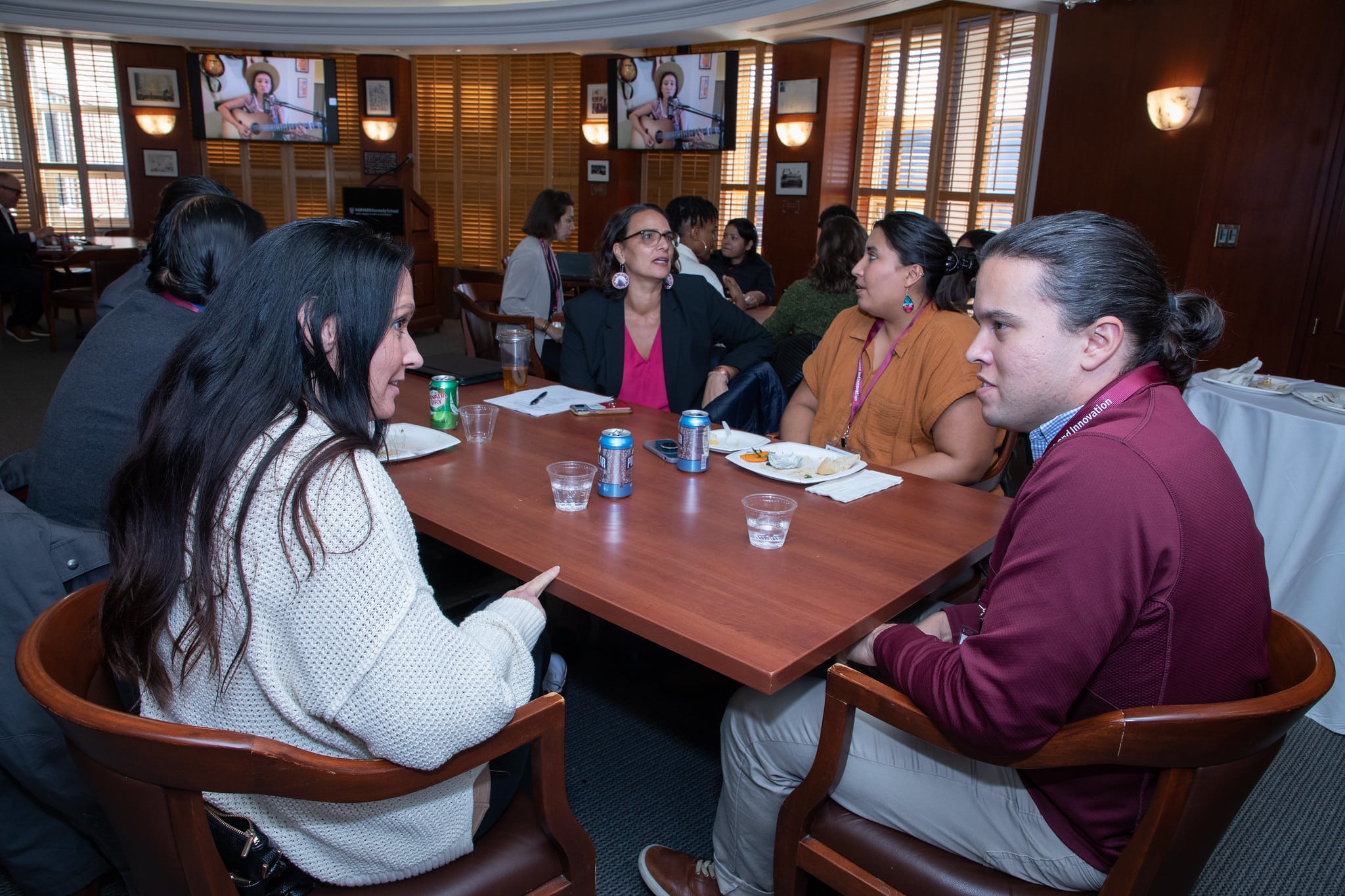
ONLINE – FREE – SEPTEMBER 28 & OCTOBER 4, 2023
Truth and Transformation Conference 2023
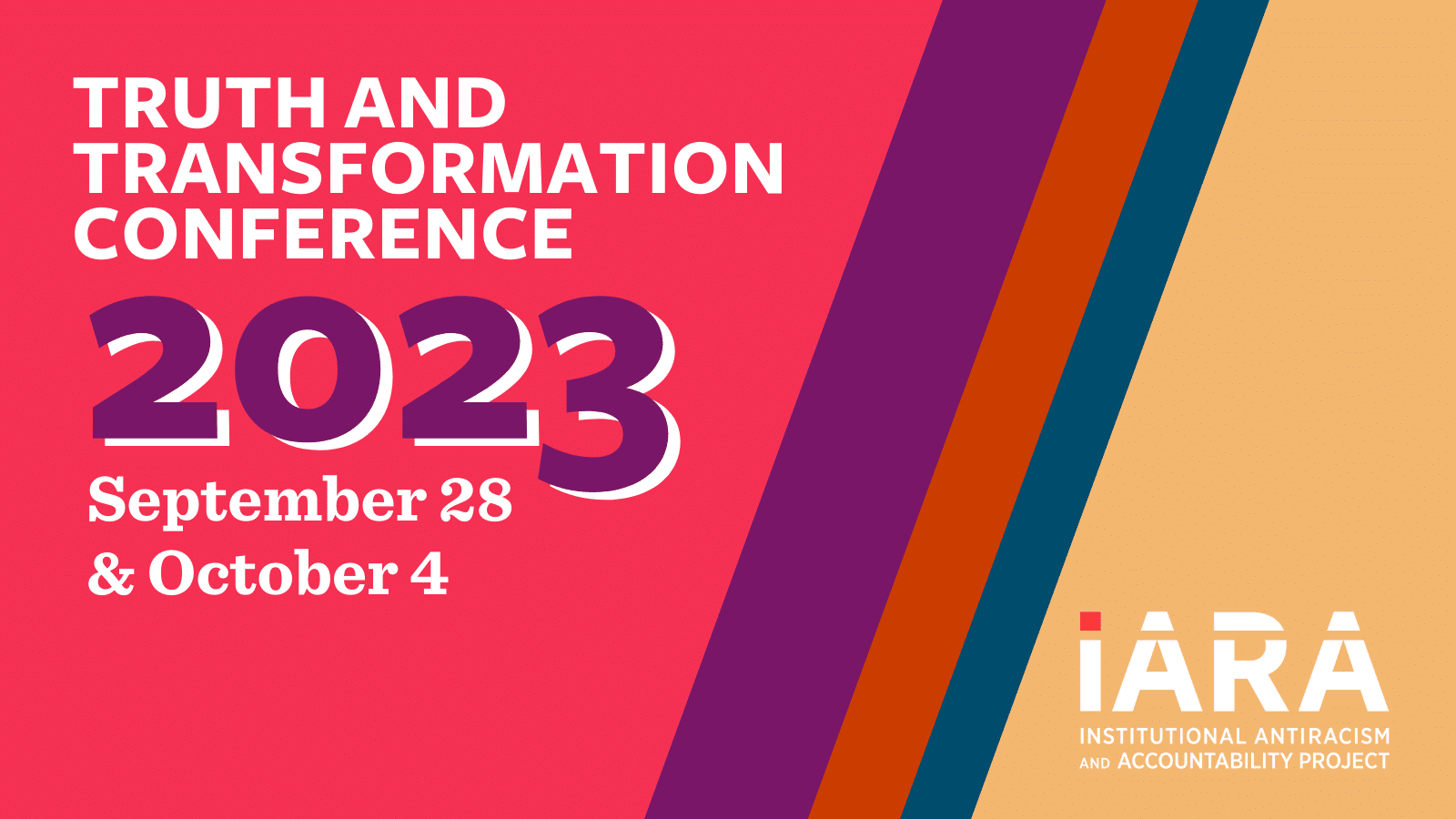
Commitments to antiracist change don’t go far without accountability. When it comes to holding institutions accountable, what works and what doesn’t?
On September 28 & October 4, the Truth and Transformation conference hosted a free, virtual program with the theme Tools for Accountability: Lessons and Strategies for Racial Equity. Together, we explored real-world lessons and strategies, as well as the threads that connect them.
About the organizers
This fifth edition of Truth and Transformation Conference was created under the leadership of Professor Khalil Gibran Muhammad and organized by the Institutional Antiracism and Accountability (IARA) Project at the Harvard Kennedy School’s Ash Center.
Can’t wait for the next edition?
Subscribe to our newsletter or follow IARA on Twitter or LinkedIn for announcements on upcoming events.
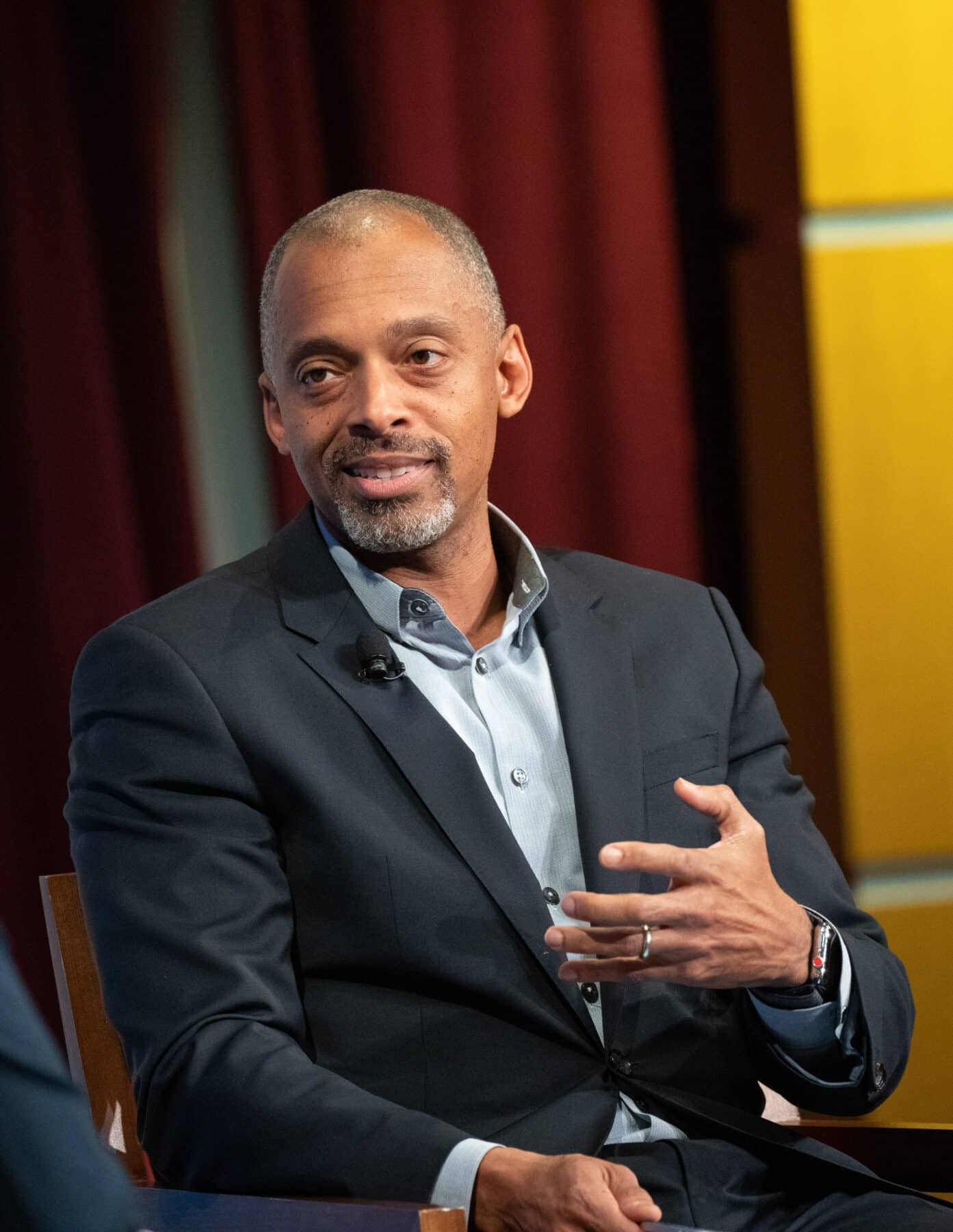
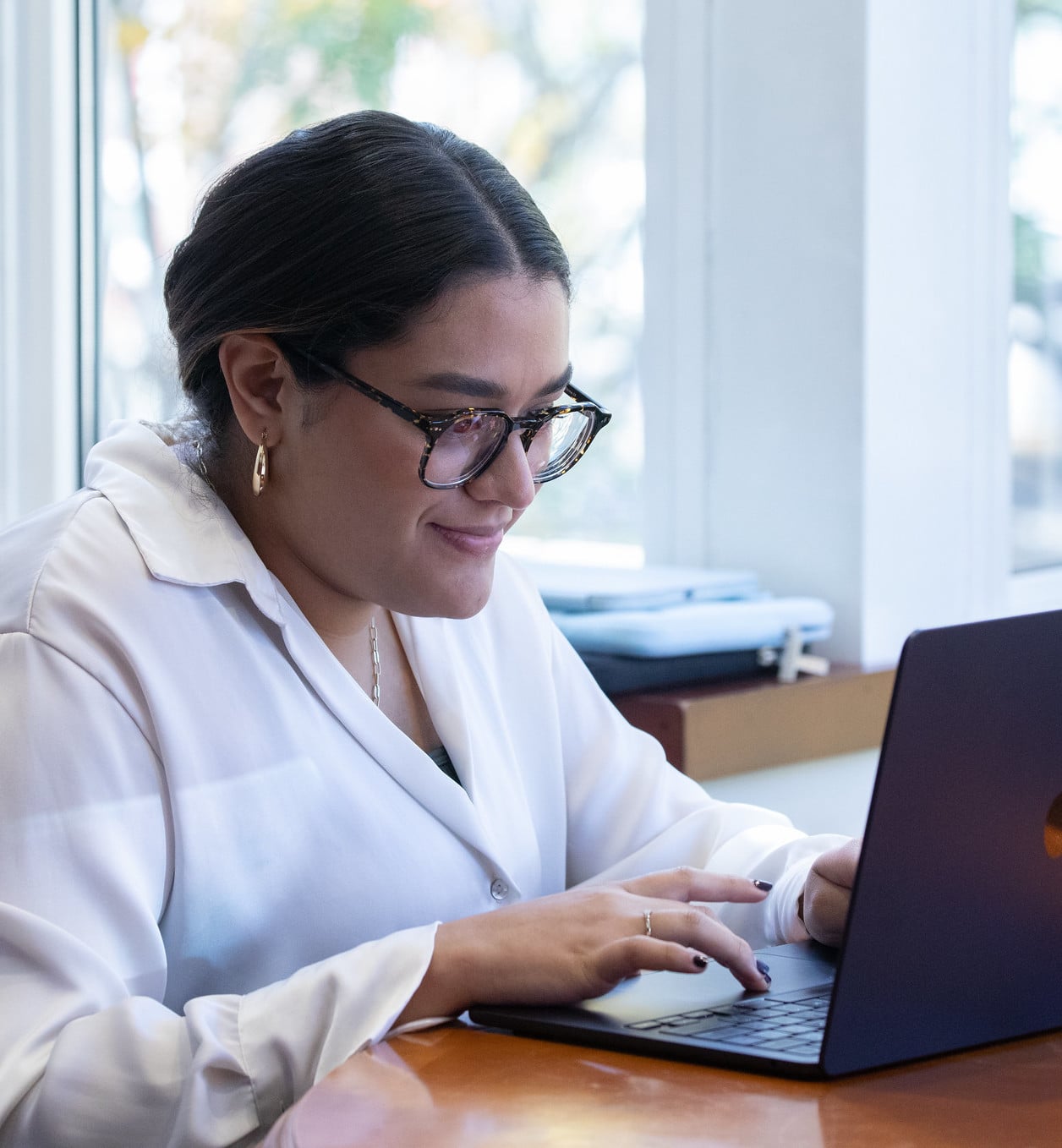
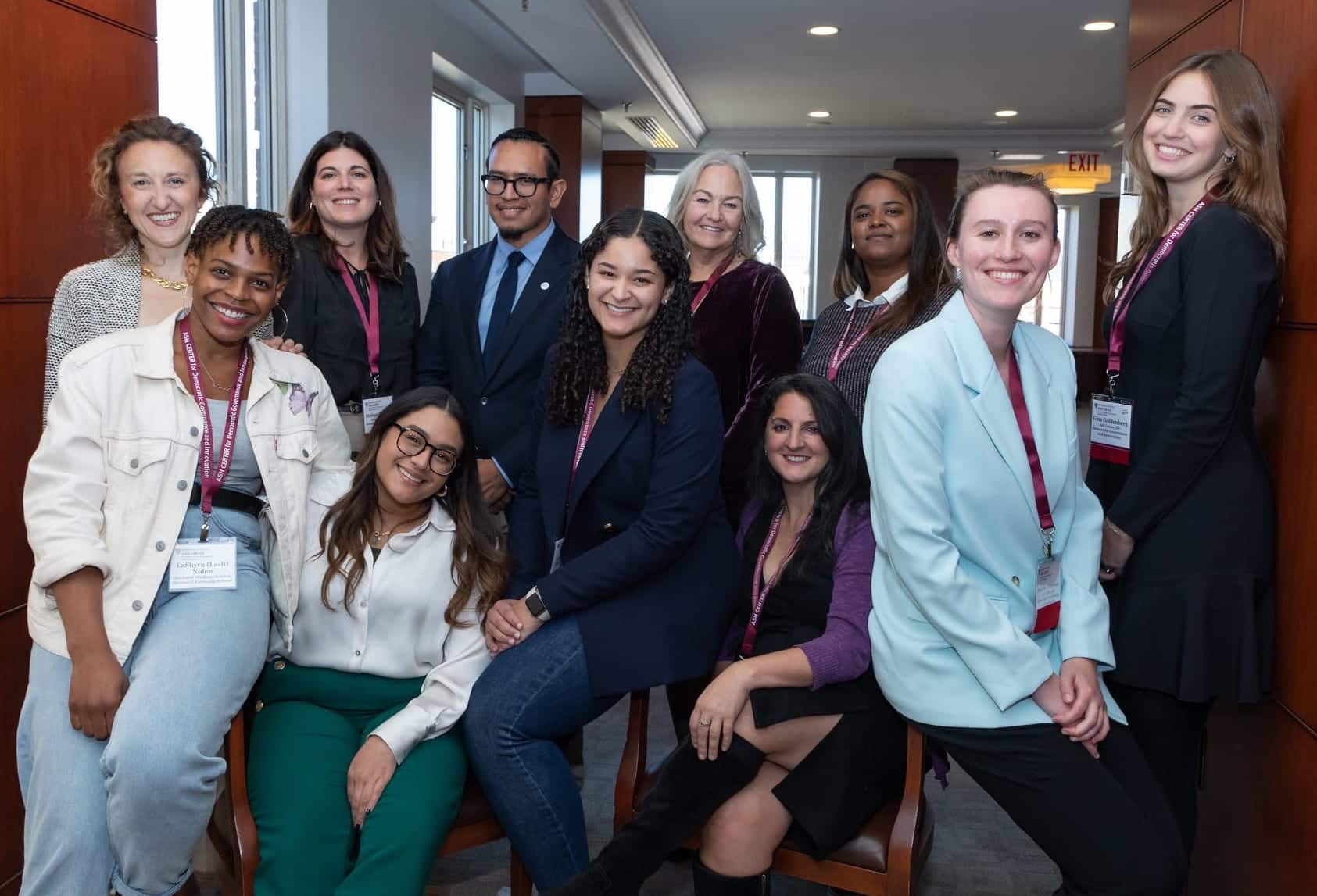
Speakers
Leading the conversation was a dynamic group of change-makers working on racial equity in the healthcare, education, government, cultural, and private sectors.
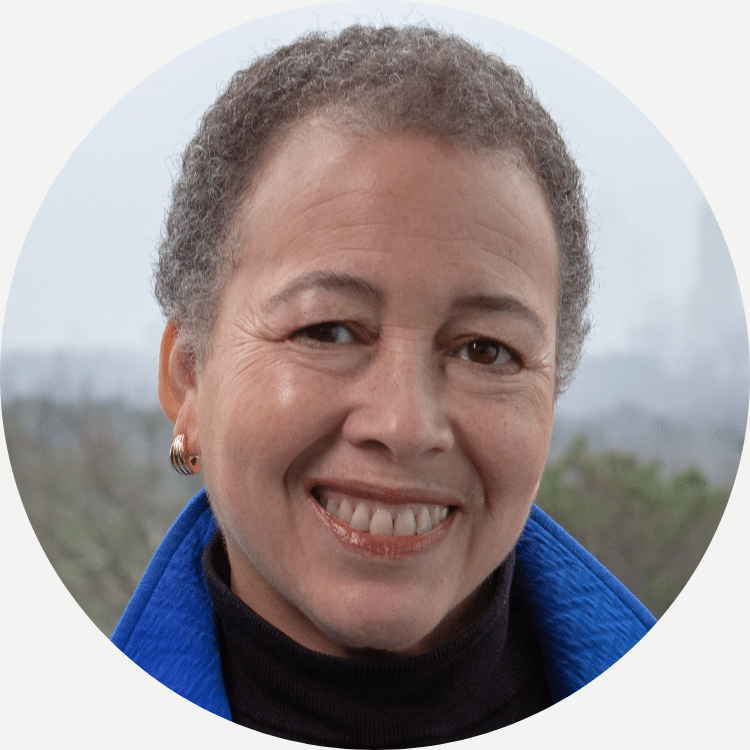
Dr. Beverly Daniel Tatum
President Emerita of Spelman College
Closing keynote speaker
Dr. Tatum is an award-winning educational leader, best-selling author, and noted expert on the psychology of racism. She is president emeritus of Spelman College and author of the acclaimed ‘Why Are All the Black Kids Sitting Together in the Cafeteria?‘.

Christine Cordero
Co-Director of Asian Pacific Environmental Network (APEN)
Lunch keynote speaker
Raised by a Filipino immigrant family in the working class town of Pittsburg (no “h”), CA, Christine acts from the deep belief that we are stronger together and can go farther together than we ever could alone.
For over 20 years, Christine has strategized, organized, and built coalitions across environmental health and justice, workers rights, and economic and racial justice issues.
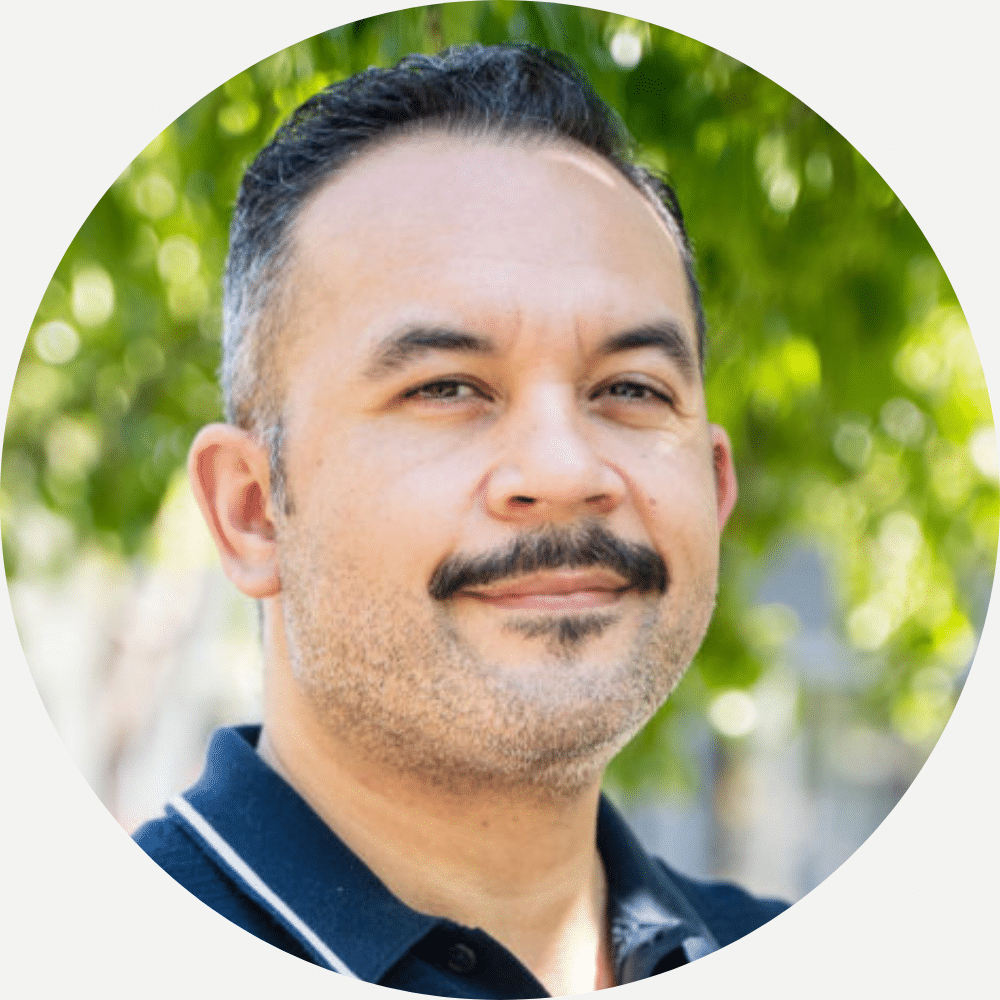
Lorenzo Herrera y Lozano
Writer, organizational strategist, & Co-Director of Justice Funders
Panel 1
Rejecting grind and self-sacrificing practices in the name of—and antithetical to—social and racial justice, he turned to the wisdom of queer/women of color and began nurturing an organizational development and leadership praxis rooted in two fundamental beliefs: 1) to do our work well, we must support each other in being well; and, 2) to pursue a shared vision, we must seek to embody that vision in the present.

Chitra Kumar
Managing Director, Climate and Energy Program, Union of Concerned Scientists
Panel 1
Chitra provides leadership, strategy, and oversight for the UCS teams working to transform the US energy system into one that is equitable and powered by renewable electricity, and to address climate damages by ensuring polluters pay their fair share of these costs and that people have the tools and resources they need to build healthy, resilient communities.

Dr. Aletha Maybank
Senior Vice President within the American Medical Association
Panel 1
Aletha is a pediatrician, preventive medicine physician, and a public health professional. As Chief Health Equity Officer, she is the founding leader for the AMA’s Center for Health Equity, and a recognized speaker, writer, and expert on health equity and racial justice.

Damien Dwin
Founder and Chief Executive Officer of Lafayette Square
Panel 2
Damien is an active thought leader on place-based investing, mass incarceration, and the use of capitalism for good. He has written for Financial Times, Entrepreneur, and Inc.com.

Dawn James
Managing Director leading ESG Strategy, Sustainability & Digital Transformation at Deloitte
Panel 2
Dawn helps organizations harness innovation and digital transformation technology to create a more resilient and sustainable enterprise that is ready to meet the changing dynamics of the energy landscape.

Veronica Root Martinez
Professor at Duke University School of Law
Panel 2
Veronica writes about and researches issues related to professional and organizational ethics, drawing on scholarship from the areas of ethics, compliance, corporate and securities law, workplace law, and equity and inclusion.

Akil Bello
Senior Director of Advocacy and Advancement at Fairtest
Panel 3
Akil is an educator, speaker, entrepreneur, and testing expert. Akil has worked at every level of the supplemental education industry, from developing admissions and test preparation programs to training hundreds of instructors.

Lea Nicholas-MacKenzie
Co-founder of JWR Business Group & Founder of LNM Indigenous Consulting
Panel 3
Lea is a member of the Wəlastəkwey Nation and works with Indigenous Peoples, governments, organizations and corporations to achieve transformative change through Indigenous engagement, inclusion, human rights and reconciliation. She has extensive experience in international policy and relations.

Liz Gres
Deputy Director of the Service Employees International Union (SEIU) Racial Justice Center
Panel 3
SEIU’s Racial Justice Center drives the union’s anti-racist agenda and supports its commitment to become an anti-racist organization. Alongside her union work, Liz believes in creating community wherever you are.

Raymond Frogner
Head of Archives at the National Centre for Truth and Reconciliation
Panel 4
Raymond is also the co-chair of the International Council for Archives Committee on Indigenous matters. He publishes and presents on issues of Indigenous identity, rights, and social memory.

Hannibal B. Johnson
Author, attorney, and consultant specializing in DEI
Panel 4
Hannibal’s books, including Black Wall Street 100: An American City Grapples With Its Historical Racial Trauma, chronicle the African American experience in Oklahoma and its indelible impact on American history.

Dr. Andrea Roberts
Director of the Center for Cultural Landscapes at UVA & Founder of the Texas Freedom Colonies Project
Panel 4
Andrea’s 12 years of public sector professional experience inform her efforts to move marginalized, historic African American communities to the center of planning discourse and research.
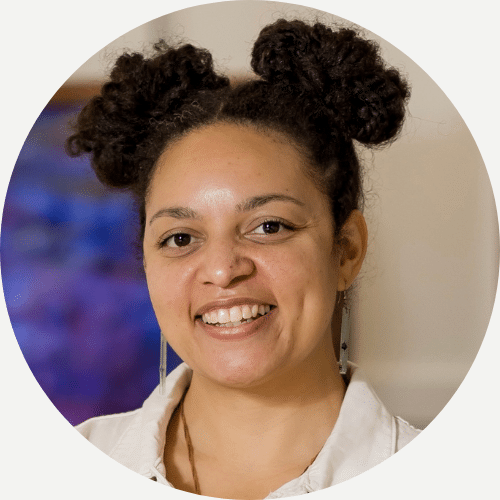
Jessica Valoris
Artist & Community Facilitator
Art intervention
Jessica Valoris is a Washington D.C. based artist and community facilitator. She creates sacred spaces that activate ancestral wisdom, personal reflection, and community care.
About the panels
In this edition, we showcased a range of real-world examples of institutional accountability. Expert speakers lead candid, insightful, and evidence-based conversations exploring what works — and what doesn’t — across sectors.
In six sessions spread over two separate days, the virtual program featured:
→ Four cross-sector panel discussions;
→ One lunchtime keynote talk on the intersection of climate and racial justice; and
→ An active, town hall-style Forum streamed from the John F. Kennedy Jr. Forum: Harvard’s premier arena for political speech, discussion, and debate.
Stream and share the session recordings below.
Panel 1 — Roadmaps: charting paths to organizational accountability
Every organization has unique needs and values shaping its path to accountability. As the racial equity field grows, there is an expanding range of resources to inform the process of antiracist change. In this session, we’ll focus on a common starting point: roadmaps. This panel will feature advocates with years of experience establishing systems for accountability in their own organizations. From launching new initiatives to shifting internal operations, they will exchange tactics for building accountability, answering: Which strategies generate the strongest organizational change? What are the best indicators of effective strategies? And, how do you stay the course long-term?
Speakers: Lorenzo Herrera y Lozano, Chitra Kumar, Dr. Aletha Maybank
Panel 2 — (Re)writing the rulebook: reporting and regulating for organizational accountability
Analysis, metrics, and reporting are fundamental tools for organizations to build — and to sustain — antiracist change. In this panel, we will examine how these tools are advancing within the private sector today and explore the impact of government insight on transparency and accountability. Panelists will bring their distinct perspectives into one conversation, working through practical examples from their fields of experience: impact investment building economic opportunity and wealth for communities of color; institutional collaboration on the collective creation of metrics and operational guidelines for impact-related investments globally; and governmental regulations and corporate governance evolving towards more disclosure for racial equity.
Speakers: Damien Dwin, Dawn James, Veronica Root Martinez
Lunch keynote by Christine Cordero
As Co-Director of Asian Pacific Environmental Network (APEN), Christine Cordero has years of experience organizing with immigrants and refugees for a healthy environment and thriving economy. Her keynote talk will explore the strategic connections between stewarding a just transition from our fossil fuel infrastructure and building resilience in Asian, Black, Indigenous, Latinx, and other communities of color on the frontlines. Based on her 20+ years of organizing, Christine will share insights into strategies for disrupting racial capitalism and fighting for climate and racial justice.
Speakers: Christine Cordero
Panel 3 — Turning up the heat: social pressure for organizational accountability
For racial justice movements, social pressure is well-known as a reliable tool for producing change. A range of practices — from mass campaigns to coalition building and grassroots organizing — hold institutions accountable to their harm to marginalized groups and purported commitments to do better. When it comes to establishing accountability in institutions, how can pressure be deployed, and what can it help accomplish? This panel will feature leading advocates who have used a range of social and political tactics to push for change. They will share how they and their collaborators have instigated these efforts and illuminate lessons we should glean from their work.
Speakers: Akil Bello, Lea Nicholas-MacKenzie, Liz Gres
Panel 4 — Reckoning with history: moving beyond organizational accountability
In this session, panelists will discuss real-world examples of historical reckoning and truth-telling, exploring how historical documentation, resources, and materials can be applied to antiracism work. Panelists will speak to their own experiences, outlining how their organizations have defined and assessed progress on racial equity and Indigenous justice. They will share lessons learned and explore questions such as: How can organizations be transformative? What does organizational change look like in a society that has not reckoned with its past? What roles do organizations play in furthering reckoning and accountability efforts? How should organizations adapt to meet ever-changing needs in antiracism work?
Speakers: Raymond Frogner, Hannibal B. Johnson, Dr. Andrea Roberts
JFK Jr. Forum by Dr. Beverly Daniel Tatum
The closing session will feature a lively, virtual discussion co-hosted by the John F. Kennedy Jr. Forum — Harvard’s premier arena for political speech, discussion, and debate. Based on her expertise as an award-winning educational leader and noted expert on the psychology of racism, Dr. Tatum’s keynote talk will explore the necessary steps to create truly inclusive communities across campuses, corporations, or communities.
Speakers: Dr. Beverly Daniel Tatum, in conversation with Professor Khalil Gibran Muhammad
Panels and Presentations
-
Roadmaps: Charting paths to organizational accountability
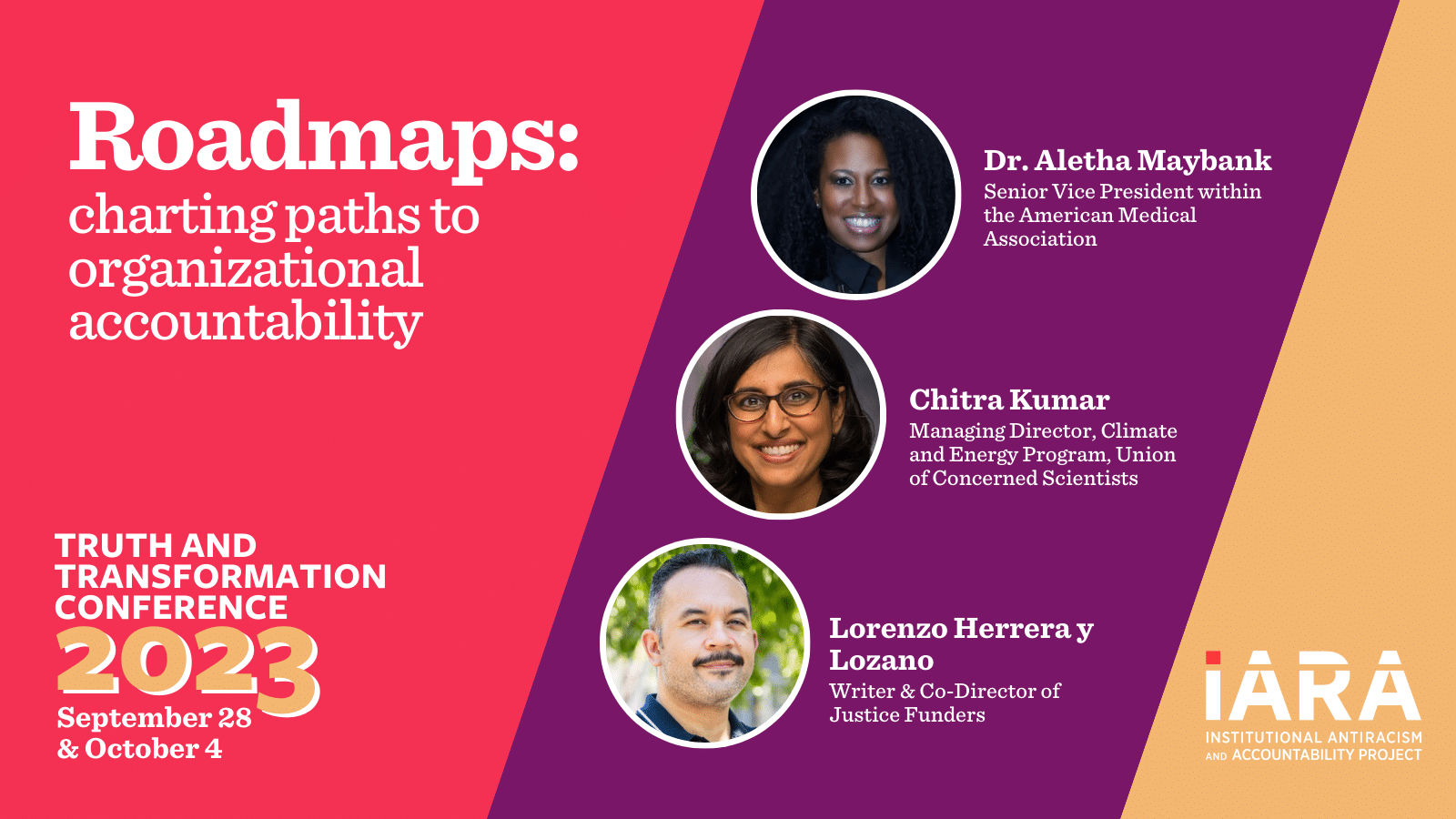
-
(Re)writing the Rulebook: Reporting and regulating for organizational accountability
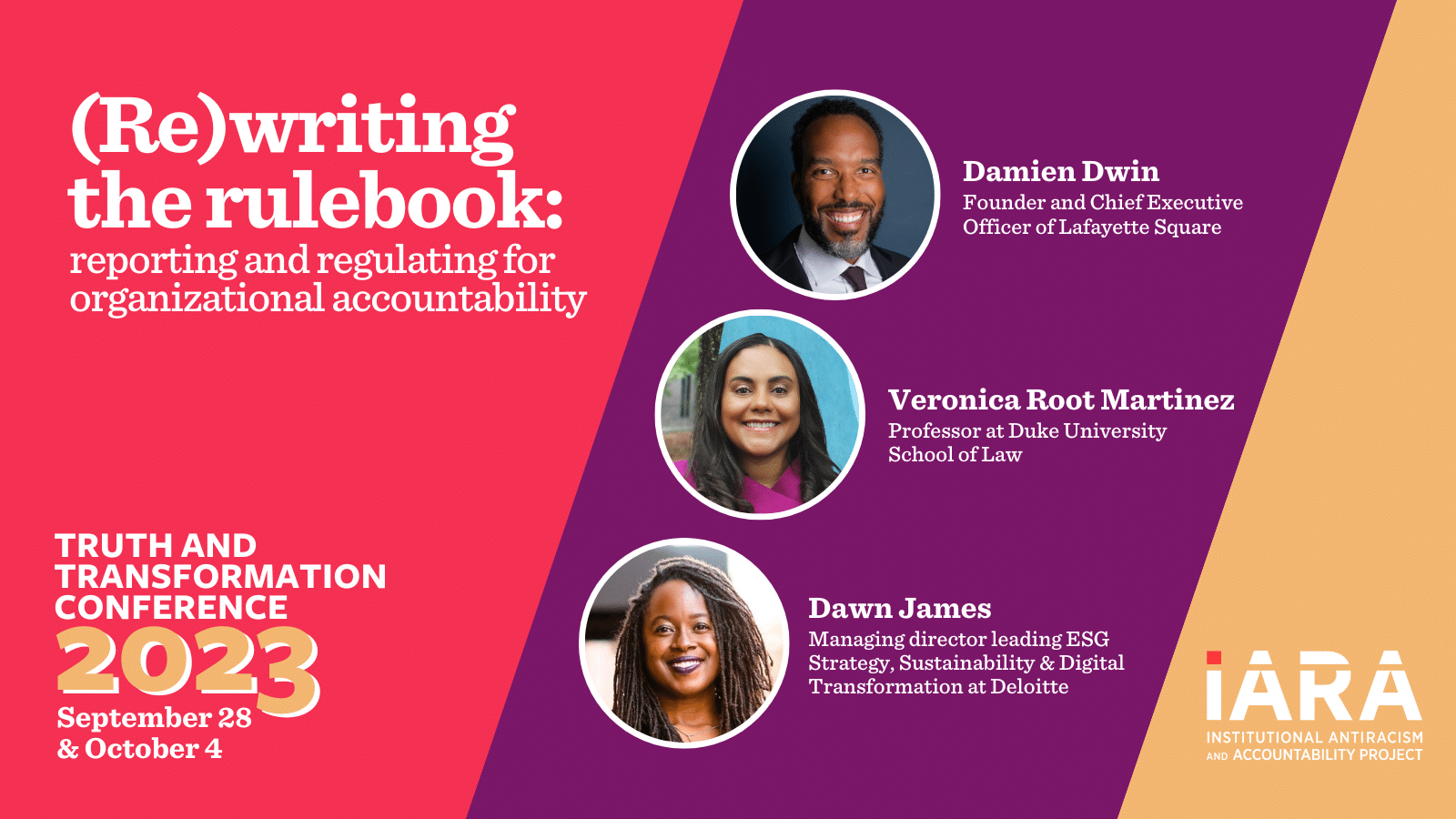
-
Keynote on environmental justice by Christine Cordero

-
Turning up the Heat: Social pressure for organizational accountability
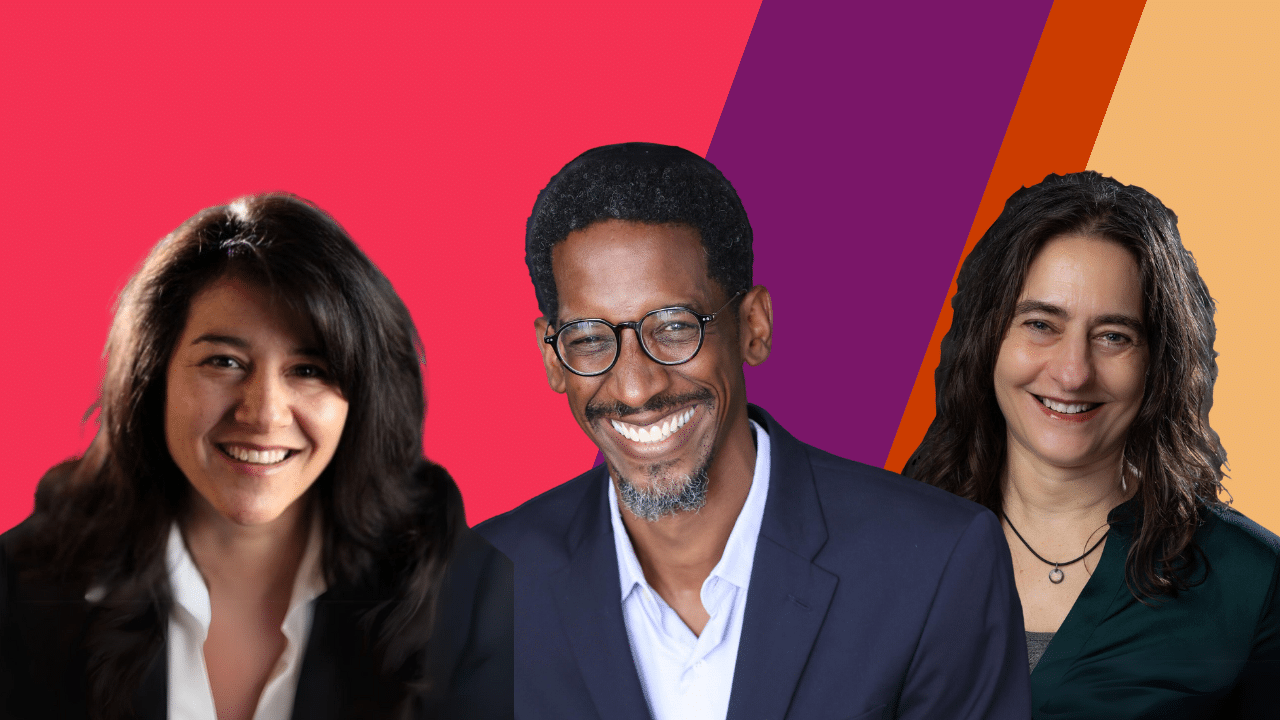
-
Reckoning with History: Moving beyond organizational accountability
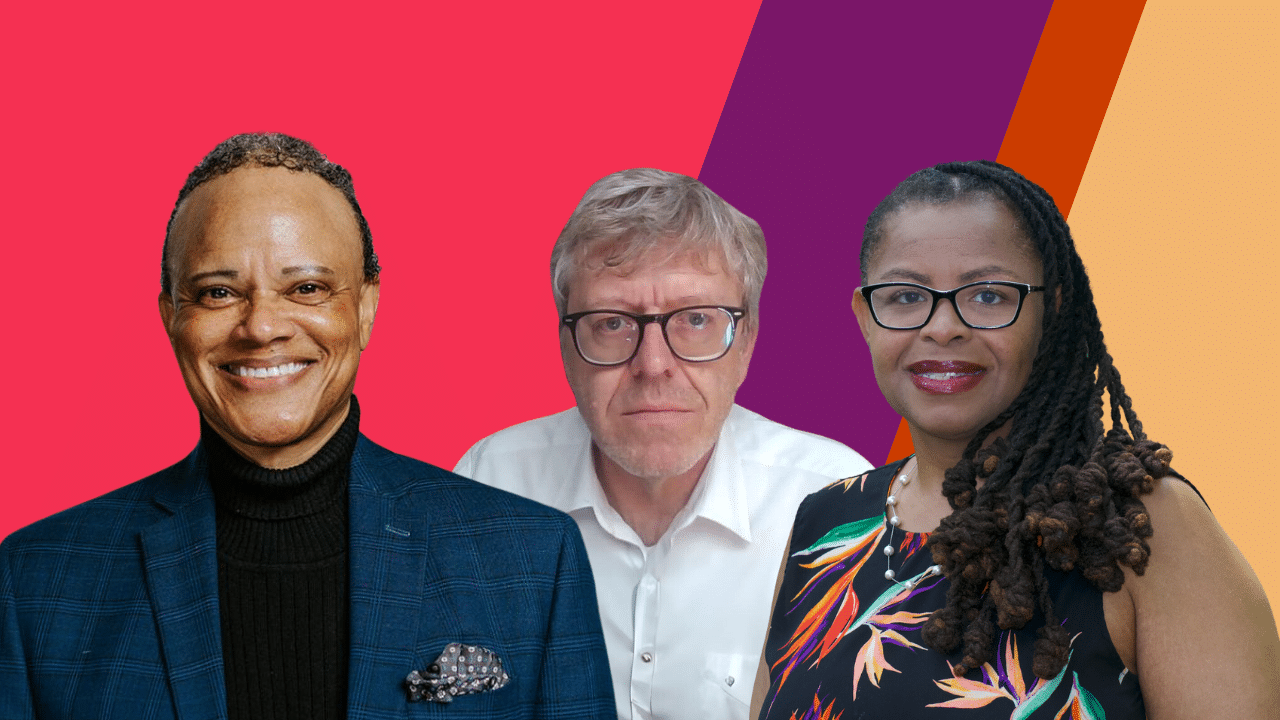
-
Forum with Dr. Beverly Tatum and Professor Khalil Gibran Muhammad

You May Also Be Interested In


